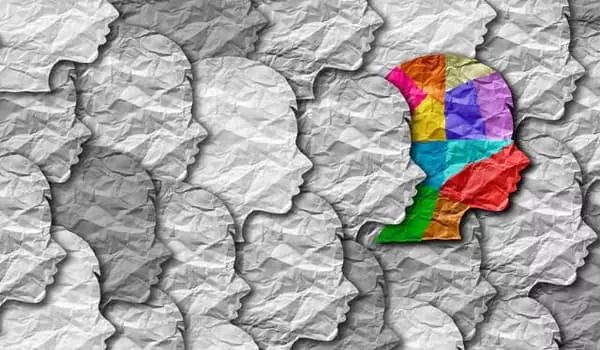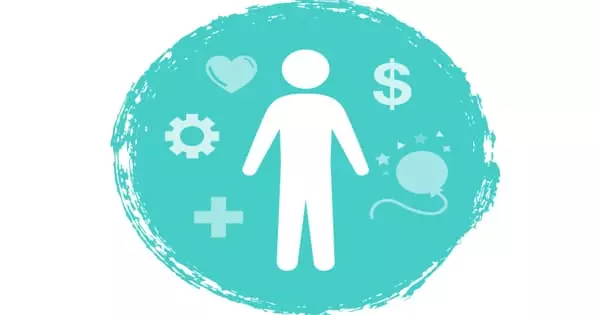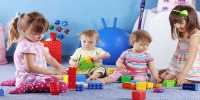It is true that self-confidence is the key to rapid advancement and greater comprehension in everything you do. A student who is self-assured has a better chance of succeeding in school. Self-confidence is the belief in one’s own abilities. It encourages students to take risks, be creative in their classroom assignments, and invest in their schoolwork. A self-assured child or adult is more likely to be optimistic and motivated, and to approach classroom learning and education with a “can do” rather than a “can’t do” attitude.
The way many schools are set up, with classes grouping children based on ability, has a negative impact on students’ self-confidence. Students are typically assigned to groups based on a review of data such as their grades, standardized test results, and classroom performance. If students’ skill levels improve, they can be moved to higher-level groups. Students can also be moved into lower skill level groups if more intensive remedial instruction is required.
This is according to a new large study conducted by experts from the UCL Institute of Education, Queen’s University Belfast, and Lancaster University, who examined over 9,000 12-to-13-year-old students enrolled in ‘setted’ maths and English classes (when classes are divided according to children’s ability).
Low achievers are underserved in schools that use settings, and low attainment groups are disproportionately populated by students from low socioeconomic backgrounds and specific ethnic groups. Our findings have important implications for interventions aimed at addressing educational disadvantages.
Professor Jeremy Hodgen
The researchers, who published their findings in the British Journal of Sociology of Education, discovered that not only is there a “worrying” self-confidence gap between students in the top and bottom sets but that the gap in general self-confidence widens over time for those in math sets, which the report describes as “deeply concerning.”
In response to their findings, UCL Institute of Education Professor Jeremy Hodgen stated that the study has “potentially important implications for social justice,” with the growing gap risking “cementing existing inequalities rather than dissipating them.”
“Low achievers are underserved in schools that use setting, and low attainment groups are disproportionately populated by students from low socioeconomic backgrounds and specific ethnic groups. Our findings have important implications for interventions aimed at addressing educational disadvantages. In terms of social in/justice, our findings indicate that the setting promotes both distributive and recognitive injustice.”

The study was conducted through student surveys in 139 UK secondary schools (divided into intervention or control groups), and it involved initiating and monitoring work with student cohorts from the beginning of Year 7 (11-12 years old) to the end of Year 8 (12-13 years old), with a focus on their experiences and outcomes in English and Mathematics.
The analysis reveals that, when compared to two years prior, there was a general trend in which students had higher self-confidence in the subject area of mathematics or English if they were placed in the top set and significantly lower self-confidence in mathematics when placed in the bottom set when compared to an average student in the middle set. This trend in self-confidence persisted for general self-confidence in mathematics and those in the top set in English – and importantly, it persisted even after controlling for attainment level.
In other cases, the trend was reduced, albeit in no case was reversed.
The labels associated with ability-based classes, according to Dr. Becky Taylor of the IOE, have an impact on children’s self-perception in relation to their learning, subject identification, and feelings about themselves, as learners, and their place in school.
“We do not believe it is unreasonable to speculate that these trends in self-confidence have an impact on students’ dis/associations with schooling, and thus on students’ perceptions of their futures. The label ‘ability set’ snowballs as it gains momentum and impact through the various practices, understandings, and behaviors of the pupil, teachers, parents, peers, and thus the school and its practices.”
More research is now needed to better understand how self-confidence affects children’s futures, and the report acknowledges that there may be a variety of different psychological factors and processes that mediate the effects between receiving an ‘ability label’ via tracking and self-confidence in learning.
“We acknowledge that there may be other issues associated with bottom set groups that may also impede the development of self-confidence over time, such as absenteeism or exclusion – though it is worth noting that these may also be precipitated by designation to a bottom set group and the disassociation with schooling that entails,” Professor Hodgen concluded.
















